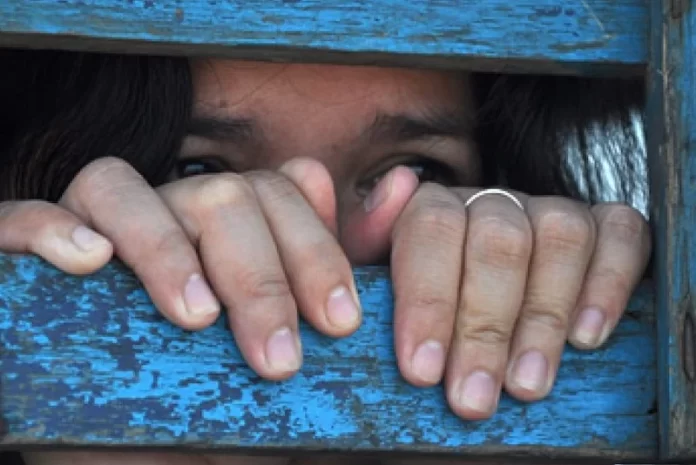Amidst mounting controversy, Madagascar’s Justice Minister Landy Mbolatiana Randriamanantenasoa stood firm in defense of a new bill proposing castration for child rapists. The measure, which received approval from the upper house Senate and earlier from the National Assembly, has sparked international condemnation, with Amnesty International denouncing it as “cruel, inhuman, and degrading.”
Despite Amnesty International’s call to drop the proposed law, Minister Randriamanantenasoa asserted Madagascar’s sovereign right to amend its laws in response to the alarming rise in child rape cases. With 600 recorded rapes of minors reported last year alone, the minister emphasized the urgency of taking action to address the issue.
Under the bill, child rapists could face surgical castration for offenses committed against children under the age of 10, while perpetrators of crimes against children aged 10 to 13 may undergo either chemical or surgical castration. Chemical castration is proposed for offenders targeting minors aged 13 to 18.
“Faced with the resurgence of rape, we had to act,” she added, saying there were 600 rapes of minors recorded last year.”
However, the proposed law has drawn criticism for its potential violation of Malagasy constitutional provisions against torture and other ill-treatment, as well as international human rights standards. Amnesty International’s regional director Tigere Chagutah highlighted concerns over the adverse effects of legal castration and emphasized the importance of prioritizing the rights and well-being of victims.
“Castration causes serious and irreversible harm. And we can have cases where an individual is found guilty and the courts (then) go back on the verdict and clear his name”
Despite opposition, some advocates, such as Jessica Lolonirina Nivoseheno of the Women Break the Silence movement, argue that castration could serve as a deterrent to the prevailing “rape culture” on the island, where many cases are resolved privately within families.
However, Amnesty International has pointed out that rape cases in Madagascar are often under-reported, with perpetrators frequently escaping justice due to fear of retaliation, stigmatization, and distrust in the judicial system. Nciko wa Nciko, Amnesty’s Madagascar adviser, criticized the bill for its failure to prioritize the needs of victims and raised concerns over the irreversible harm caused by castration.
The fate of the bill now rests with the High Constitutional Court, which must validate it before President Andry Rajoelina can sign it into law. The contentious debate surrounding the proposed legislation underscores the complex and sensitive nature of addressing sexual violence and safeguarding human rights in Madagascar.
Intake Of this News
- Madagascar’s Justice Minister defends a new bill proposing castration for child rapists despite criticism from Amnesty International.
- The bill received approval from the upper house Senate and earlier from the National Assembly, sparking international condemnation.
- Justice Minister Landy Mbolatiana Randriamanantenasoa emphasizes Madagascar’s sovereign right to amend its laws in response to the surge in child rape cases.
- The proposed law suggests surgical castration for offenders targeting children under the age of 10, and chemical or surgical castration for those committing crimes against children aged 10 to 13.
- Critics, including Amnesty International, raise concerns over the potential violation of human rights standards and the adverse effects of legal castration on perpetrators.
- Advocates of the bill argue that castration could serve as a deterrent to the prevailing “rape culture” on the island, where many cases are resolved privately within families.
- Amnesty International highlights under-reporting of rape cases in Madagascar, with perpetrators often evading justice due to fear of retaliation and distrust in the judicial system.
- The fate of the bill depends on validation by the High Constitutional Court before President Andry Rajoelina can sign it into law, underscoring the ongoing debate over addressing sexual violence and protecting human rights in Madagascar.



